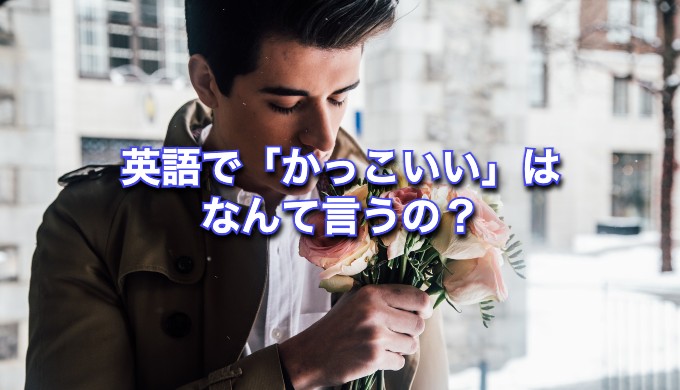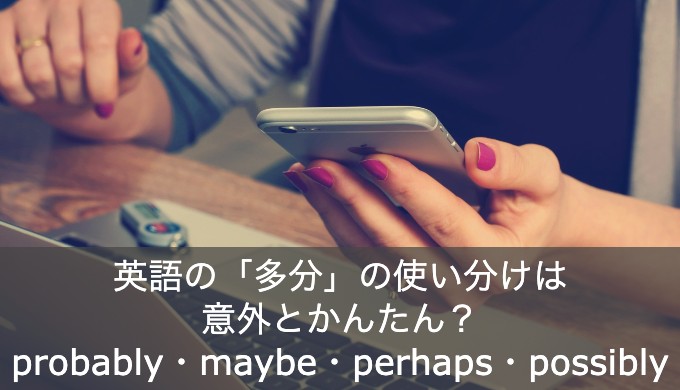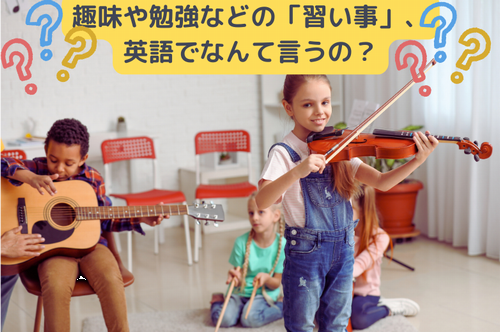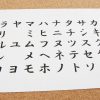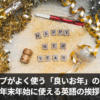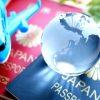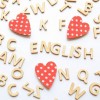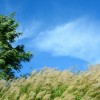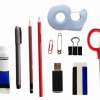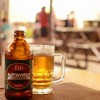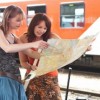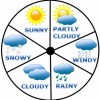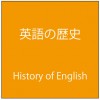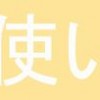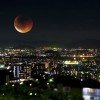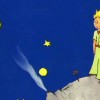恋と仕事に効く英語:超初心者向けの英会話
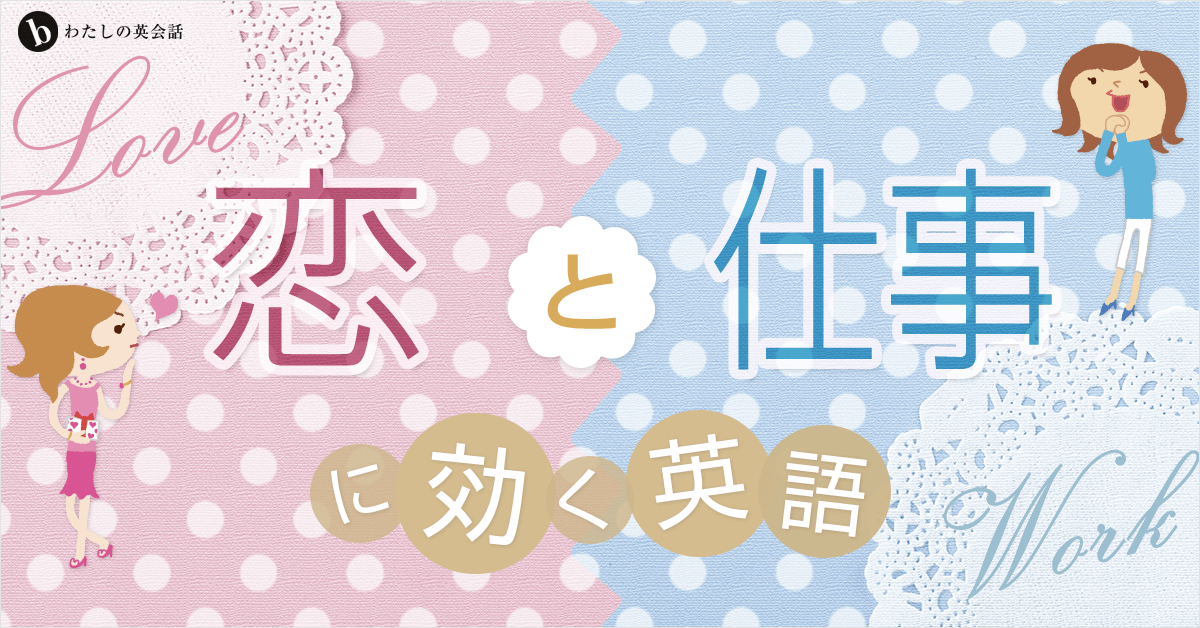
b-から定期的に配信する耳寄りニュースです。ご購読は無料です。
冠詞について「The」と「A」と「An」の使い方
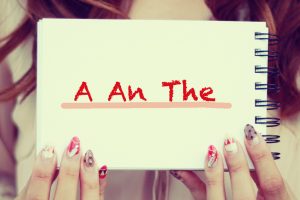
About Definite and Indefinite Articles: When to Use “The”, “A”, and “An”
冠詞について「The」と「A」と「An」の使い方
Something that always makes learning English difficult for new speakers is the “article”.
Knowing when to use the right article can make your English much more fluent, and it’s easy to learn.
If you want to know how to use articles, but don’t care what they are, skip to Point 2.
Don’t worry if it doesn’t make sense the first time you try to use them.
With a little practice, it will become natural for you!
英語を学ぶ人達を悩ますものといえば、やっぱり冠詞ですよね。
冠詞の正しい使い方を学べば、あなたの英語はもっと流暢になるし、コツをつかめば簡単です。
冠詞がどういうものかの説明は必要なく使い方を知りたいあなたは、ポイント2に進んでくださいね。
最初は上手く使えないかも知れないけれど心配しないで。少し練習すれば自然に使えるようになります。
Contents
Point 1: What is an article? – ポイント1、冠詞ってなに?
For the brainiacs in the audience, an article is a special set of words in English that are used before certain nouns as“joining ”words. Articles can be used to indicate, specify, and limit the scope of the noun.
もし、オタッキーに知りたい方がいらっしゃるかもしれないので、冠詞の定義をするとすると、名詞の前に置く英語の特別な組み合わせのひとつです。冠詞を使うことによって、後に続く名詞がどういうものか、はっきりと伝えることが出来ます。
Which is Which? ・Definite・Indefinite – どっちがどっち?・定冠詞・不定冠詞
Use when the subject is・known (specific)・unknown (general)
Articles・the・a/an
We use “definite” to mean we know which one. It’s sure, certain.
“Definite” is particular (specific).
We use “indefinite” to mean we don’t know or it doesn’t matter which one.
“Indefinite” is general.
どれのことかわかる時は定冠詞を使います。
定冠詞は特定のものを指す時に使います。
知らない、もしくは不特定の時は不定冠詞を使います。
不定冠詞は一般的なものに使います。
>Point 2: When to use definite or indefinite – ポイント2 どんな時に使うの?
First time you introduce something, use the indefinite articles “a, an”. Next time you refer to it, use the definite article “the”.
会話の中で初めて話すものにはaをつけて、次からそれにはtheをつけて話します。
◎I saw the moon last night.
— definite — we know which moon, and there is only one moon.
昨日月を見た。
定冠詞を使っています。月は一つしかないので、誰もがどの月のことか分かりますからね。
◎I saw a star last night.
— indefinite — there is more than one, and it doesn’t matter or we don’t know which one you are talking about
昨日星を見た。
不定冠詞を使っています。星はたくさんあって、どの星について話しているかわからないし、どれと限定しなくて問題ないので。
Point 3: Why are “a” and “an” different?
ポイント3 aとanの違い
Because in English, we have two different kinds of letters:vowelsand consonants.
これは母音と子音があるためです。
Vowels: When the next word starts with a vowel, we use “an” (not “a”).
This breaks up the sounds.
母音の前ではanを使って音をいったん切って、
English Vowels: a, e, i o, u
英語の母音は「ア・エ・イ・オ・ウ」です。
Consonants: When the next word starts with a consonant, we use “a”.This makes it sound smoother.
子音の前ではaを使います。するとスムーズに話せます。
English Consonants: b, c, d, f, g, … y*, z (not a vowel)
*y is special.
It has other rules, but for articles, treat it as a consonant.
yには特別ルールがありますが、冠詞に関しては、子音として扱います。
Point 4: Putting it all together:
ポイント4 まとめ
This little story should help you understand the difference between the and a, an:
下記のショートストーリーでtheと a/anの違いが分かっていただけるようになると思います。
Aman and a woman were walking in Oxford Street.
The woman saw a dress that she liked in a shop.
She asked the man if he could buy the dress for her.
He said: “Do you thinktheshop will accept a cheque? I don’t have a credit card.”
男性と女性がオックスフォードストリートを歩いていました。
その女性が、とあるお店で一着のステキなドレスを見かけました。
彼女は一緒にいた男にそのドレスを買ってくれるか尋ねました。
すると彼は「この店、小切手使えると思う?クレジットカードを持ってないんだ」と言いました。
If you REALLY want to make your English sound natural, learn these special rules!
もし本当に自然な英語を話したいなら、以下の特別ルールも学んでください!
Other special rules about articles:
1.When talking about countries, states, mountains,etc.,
we don’t use an article. Unless, the article is part of the name.
その他の特別なルールとしては、国や山などは冠詞をつけません。
・Mount Fuji
・Japan
ただし、冠詞が名前の一部になっている場合は別です。
・The United States — part of the name
・The Caribbean Islands — part of the name
2.With large bodies of water, like oceans, rivers, we use “the”.
海や川など具体的な場所にはTheをつける。
・The Pacific Ocean
・The Atlantic Ocean
・The Nile River
3.Use an article when you can count the things that you’re talking about.
数えられるものには冠詞をつける。
・The dogs are playing in the park.
・A child is playing in a park.
4.When talking about regular meals, general places, and modes of transportation (how you get somewhere), we do not usually use articles.
規則的な食事や一般的な場所、交通手段などには普通冠詞は使わない。
・He has breakfast at () home.
・I go to () university. I go to () work.
・He comes to () work by () taxi. — like “で”
・She goes to () school by () train. — like “で”.
Don’t worry, these are high level rules.
If you need help, any English speaker will probably correct you if ask them to.
After a couple times, it will make perfect sense!
これらは上級編だから心配しないで大丈夫です。
ネイティブに聞けば教えてもらえます。
そのうち完璧に使えるようになるでしょう!
Making your English sound more fluent: why some people say it differently
もっと流暢に話そう! どうして違う言い方をする人がいるのか
Fluency Check!!
Sometimes people will pronounce words starting with ‘h’ as if they started with a vowel.
They might use “an” instead of the grammatically correct “a” because when speaking it sounds more natural.
When writing, however, you must still use “a” if the next word starts with a consonant.
なめらかさチェック!!時々hで始まる言葉を母音で始まるように発音します。
文法的にはaが正しいところでも、もっと自然に話す為にanを使うこともあるよ。
でも、書く時は絶対、子音の前ではaを使ってね。
Ex. The word “herb” 例えばハーブ
The British say*: “a Herb” strong ‘H’ sound -sounds like “hello”
イギリス人はaを使いhも発音します。「ハロー」のように。
Some Americans say*: “an (h)erb” silent ‘h’ – sounds like “endo”
アメリカ人にはhを発音せずにanをつけて発音する人もいます。「エンドー」と。
Always written: “a herb” uses ‘a’ because ‘h’ is a consonant
でも書く時はhは小文字なのでaを使います。
Don’t worry, the exceptions to the rule are easy to learn!
心配しないでも特例はすぐに覚えられます。
Don’t panic!!
Soon you will be using articles naturally and you won’t even have to think about it!!
And of course, you lesson partners are always happy to help if you have any questions.
Good luck and see you soon!
すぐに、いちいち考えなくても自然と冠詞を使えるようになります。
レッスンパートナーも喜んで手伝うから質問があったら持ってきてね。グッドラック またスクールで会おうね!
なるほど!勉強になったと思った方は↓のFacebookの「いいね」をクリックしてくださいね!
似たようなエントリで更に学びましょう!
■ Using ‘a’ and ‘the’ — ‘a’ と ‘the’ の違い
■ 年賀状はA Happy New Year!? / Happy New Year??
↓↓今回のエントリが参考になったなと思ったら是非、コメントか「いいね!」をお願いしますね!↓↓
★関連エントリ ★
銀座校10周年キャンペーン!
https://www.b-cafe.net/booking/

こんなシーンが思い当たる方は要注意!
https://www.b-cafe.net/sp/b-manga-lp/
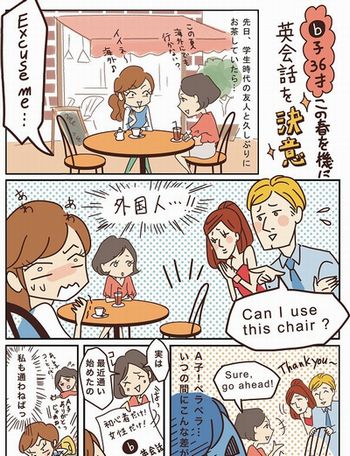
コース内容及び料金イメージはこちらからダウンロードが可能です

What's New? 超初心者向けの英会話-最新記事
カテゴリ
恋と仕事に効く英語:超初心者向けの英会話の一覧
-
英語を話したいと思った人が見落としているとっても大事な3つのポイント 2023.06.09
-
英語が話せるようになりたかったら、(学生時代のような)英語勉強をしちゃだめという理由 2021.07.06
-
見た目が「かっこいい」は英語でなんと言う?使えるフレーズ7選 2021.05.13
-
熱中症・夏バテ・土用丑の日って英語でなんて言うの? 2020.08.21
-
【音声付き】日本語の発音だと通じないカタカナ英語の一覧を紹介! 2020.06.16
-
ネイティブが使う「良いお年を」の英語フレーズ!年末の挨拶を英語で言ってみよう 2019.12.25
-
【必見】ネイティブが使う「バイバイ」の英語表現を3分で解説 2019.05.17
-
あなたは雨女?晴女?英語ではなんという?? 2019.05.10
-
この組み合わせだけ!初心者必見 – この2つの使い回しで英会話が簡単になるフレーズ!! 2019.04.26
-
足が痺れる、できちゃった婚・・・英語であるあるトークしてみよう! 2019.03.05
-
意外と通じない!?カタカナ国名と英語発音! 2019.02.27
-
クリスマスに北米女子に大人気の体があたたまるエッグノッグって? 2018.12.21
-
意外と知らなかった!この野菜・果物・・・英語でなんていうの? 2018.09.26
-
「チーズバーガーセット」だと通じない?何気なく使っているそのカタカナ英語、合っている? 2017.07.21
-
英会話初心者でもすぐに使える!Whatを使った疑問文の作り方 2017.03.28
-
「今日は風が強いね!」スモールトークに使える簡単な表現♪ 2017.02.24
-
お正月は家族と何してた!?英会話初心者でも使える家族にまつわる表現集! 2017.01.20
-
睡眠女子は英語も上手? 美容のための睡眠??Beauty Sleep とは☆彡 2016.12.06
-
疑問詞 “Which” と”What”を使いこなそう! 2016.09.13
-
ネイティブから学ぶ英会話 〜 英語で「どうぞ」 2016.08.30
-
「家事をする」の英語一覧まとめ!音声と例文で分かりやすく解説 2016.02.23
-
ネイティブスピーカーもよく使う “Got it?” 2016.01.26
-
年始だから幸先よく!やることはどんどん前倒し。意外と使える「move up」 2016.01.05
-
ビール好きのための英語表現! 2015.11.05
-
英語で久しぶりって!? 2015.10.27
-
b が二子玉川にオープンします! 2015.10.16
-
☆ 使い回しの効く、便利なWhat、When、Where、Who、Howの使い方!☆ 2015.05.19
-
「いただきます/ごちそうさま」を英語で言うと?食事で使えるフレーズ39選! 2015.03.03
-
英語の天気表現一覧まとめ!晴れや雨の様々な表現をマスターしよう 2015.02.02
-
知ってた!?英語の歴史 2015.01.29
-
 Cheers以外のカンパイは、トースト? 2015.01.07
Cheers以外のカンパイは、トースト? 2015.01.07 -
Using ‘a’ and ‘the’ — ‘a’ と ‘the’ の違い 2014.12.19
-
皆既月食について英語で語ろう! 2014.10.09
-
英会話初心者でも今スグ使える! 星の王子さま(英語版)から学ぶ英語フレーズ 2013.10.25
-
英語で電球が切れるは”dead”? 2013.09.04
-
 “ギリシャ” では通じない!? 世界の地名を英語で言ってみよう!! 2013.08.08
“ギリシャ” では通じない!? 世界の地名を英語で言ってみよう!! 2013.08.08 -
現在進行形・willとbe going toの違い 2013.01.16
-
 英語では青ペン先生? (それって何色?~色を使った慣用表現) 2011.07.07
英語では青ペン先生? (それって何色?~色を使った慣用表現) 2011.07.07 -
 初心にかえって英会話 2011.03.31
初心にかえって英会話 2011.03.31 -

-
 a/an とtheの違いについて 2009.08.20
a/an とtheの違いについて 2009.08.20 -
マンネリ脱出「How are you?」と聞かれたらどんな返事がベスト? 2009.04.16










